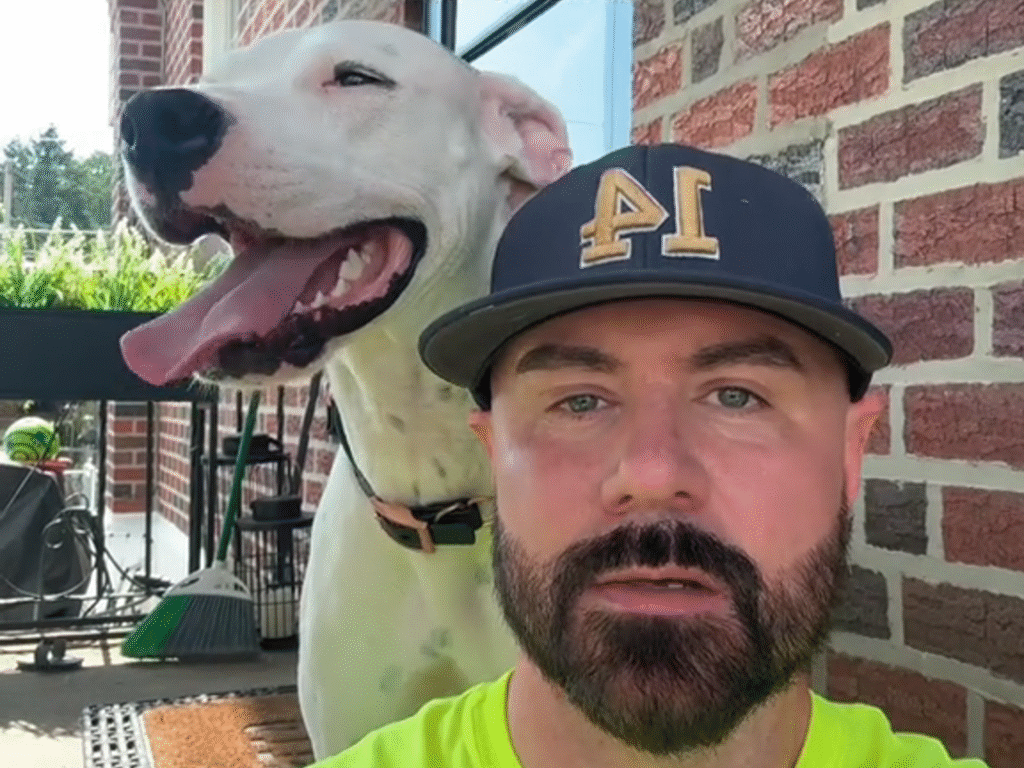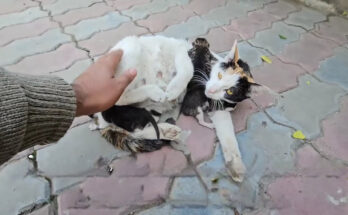The ballpark is meant to be a place of joy—where fans gather to cheer, laugh, and share in the thrill of the game. Yet too often, the energy shifts when passion turns into hostility. A player has a bad inning, a call doesn’t go a fan’s way, or frustration builds in the stands, and suddenly words are thrown like weapons. Not playful heckling, not lighthearted banter, but sharp, personal shots that cut deep.
What people forget in those heated moments is simple: every player, coach, and staff member out there is human. They carry the same emotions, insecurities, and struggles as anyone else. Behind the uniform is a person who has good days and bad days, who worries about their family, who might already be replaying their mistakes long before a stranger’s voice makes it worse.
Buying a ticket doesn’t buy the right to cruelty. It buys the right to witness a game, to clap, to boo respectfully, to ride the highs and lows of competition. But personal attacks? Those cross a line. Words linger far longer than a scoreboard result, and no one truly knows the battles someone else is quietly fighting.
At the end of the day, sports should bring people together, not tear them apart. We cheer because we love the game, because it makes us feel connected, because it reminds us of something bigger than ourselves. So where is the love when it matters most? Respect doesn’t cost a thing, and showing compassion—even in moments of frustration—speaks louder than any insult ever could.
When the final pitch is thrown and the lights dim over the ballpark, all that remains is humanity. Players, fans, coaches, parents—we’re all the same at our core. And maybe if we remembered that more often, the game would feel even greater.



